We all enjoy two types of active immunity against infections and illnesses: innate and acquired or adapted immunity. Innate immunity is the immunity we are born with and acquired immunity is the immunity we develop when we fight off diseases. Vaccines also help us acquire immunity in a safe way, by exposing us to very weak, partial or dead strains of pathogens—this helps the body learn how to fight if the pathogen attacks.
(Passive—as opposed to active—immunity is available to breastfed babies who get antibodies from mother’s milk and people who get antibodies as part of therapies like convalescent plasma therapy.)
While we all have an immune system, some people have weaker immunity than others. If you’ve ever wondered what’s different about people who have weakened immunity, why and when does the immune system become weak, what are the signs of a weak immune system and what can you do to diagnose and manage this condition, then this article is for you. Read on.

 Doctors for Weak immune system
Doctors for Weak immune system  OTC Medicines for Weak immune system
OTC Medicines for Weak immune system
 Weak immune system articles
Weak immune system articles
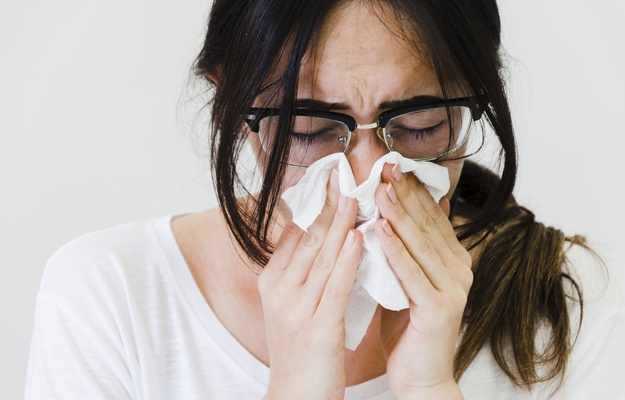
 Ayurvedic Treatment of Weak immune system
Ayurvedic Treatment of Weak immune system
 Diet for Weak immune system
Diet for Weak immune system
 Home Remedies for Weak immune system
Home Remedies for Weak immune system
 Homeopathic Treatment of Weak immune system
Homeopathic Treatment of Weak immune system
 Yoga for Weak immune system
Yoga for Weak immune system

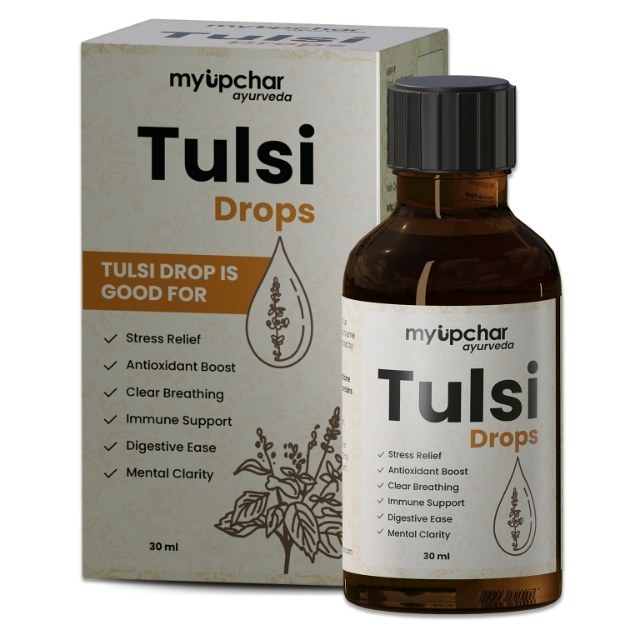
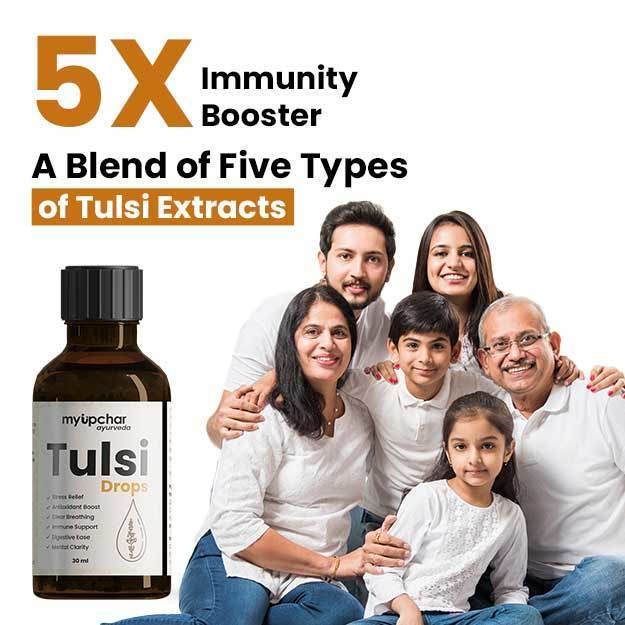
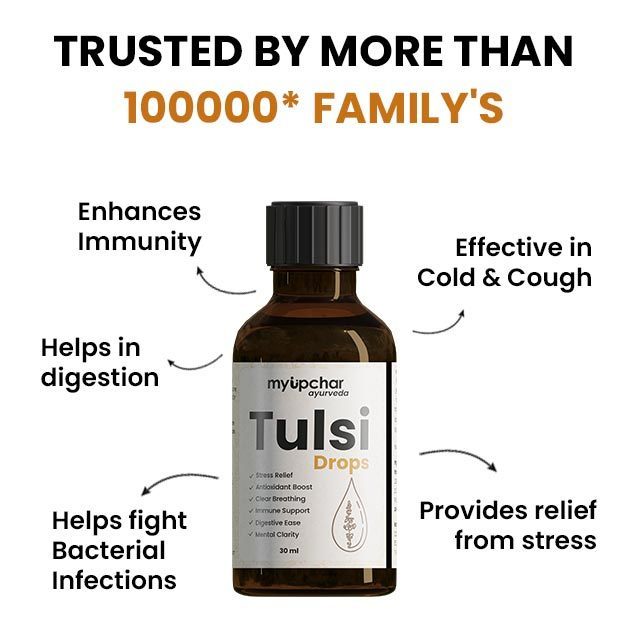

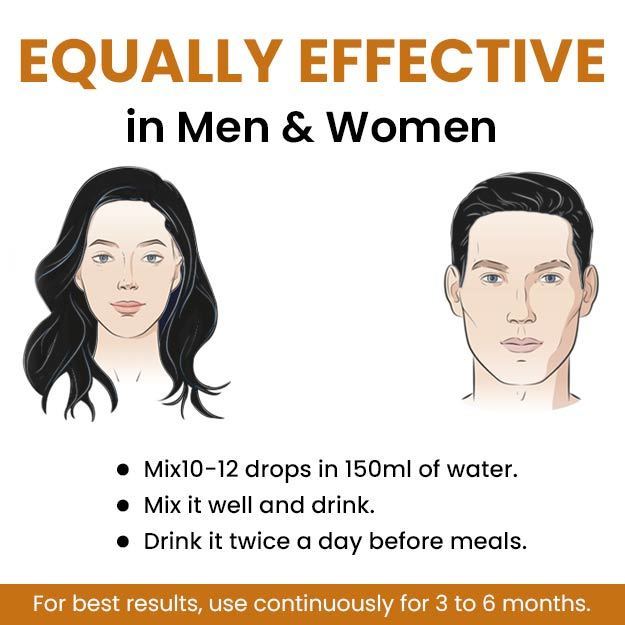
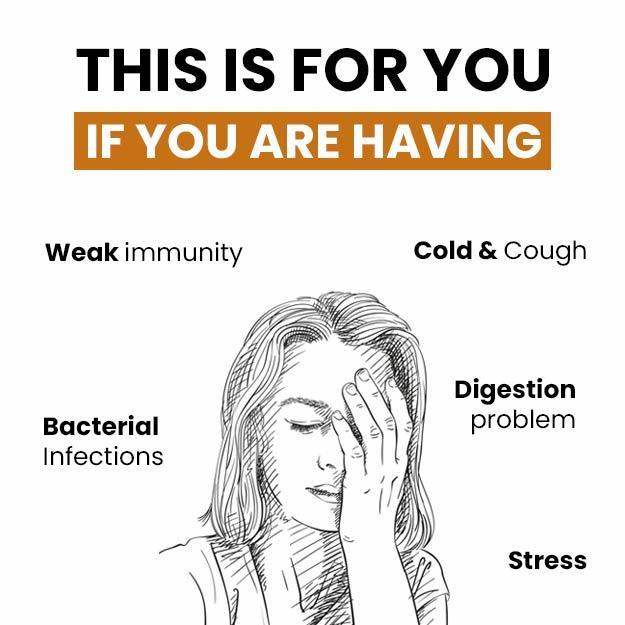
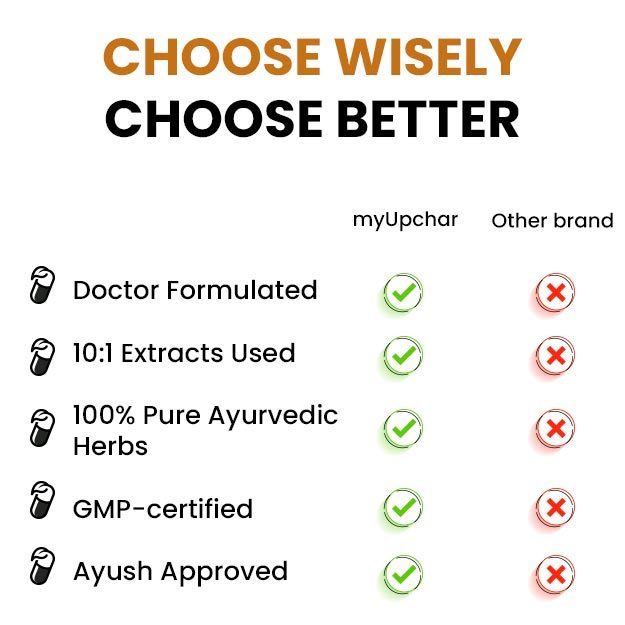

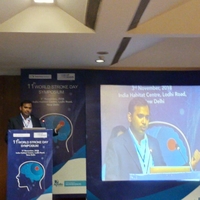





 Editorial Team
Editorial Team


 Dr. Laxmidutta Shukla
Dr. Laxmidutta Shukla

 Dt. Akanksha Mishra
Dt. Akanksha Mishra

 Dr. Ayush Pandey
Dr. Ayush Pandey












